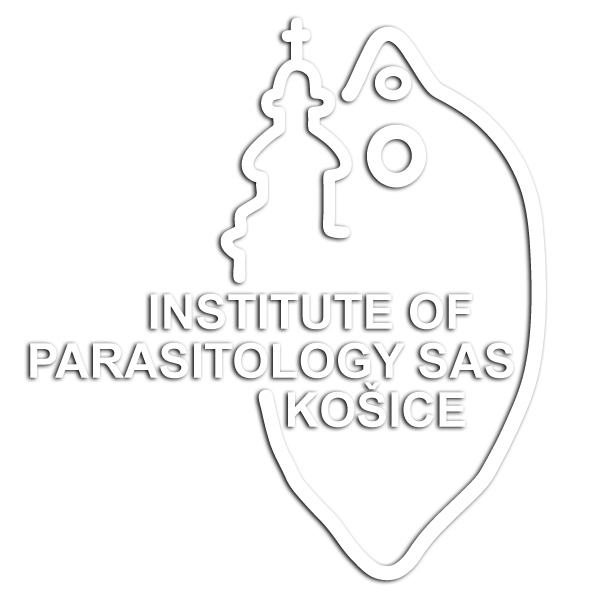The laboratory integrates ecology, biology, molecular tools, and theory to address fundamental and applied questions related to arthropod vectors and the pathogens they transmit. Of interest are several groups of hosts which are important reservoirs of pathogens (e.g. wild rodents, game, carnivores, etc.), as well as susceptible hosts, including humans and pets, which are involved in the transmission cycles. Eco-epidemiology, epizootiology, pathogenesis, and molecular biology of the most severe emerging and re-emerging vector-borne diseases are studied.
Research interests are focused on the study of molecular ecology of vectors (e.g. ticks, mites, fleas), including field studies of macro-and microclimatic factors influencing their occurrence and survival in an environment. A strong research emphasis is placed on arthropod-borne pathogens including tick-borne Lyme disease agents of Borrelia burgdorferi complex, spotted fever group Rickettsia, Anaplasma/Ehrlichia spp.; flea-borne Bartonella and Rickettsia; intracellular parasites (Babesia spp., Hepatozoon spp.) and viruses (TBEV).
Vector-borne pathogens are detected using modern and progressive techniques of molecular biology. Genetic variability, phylogeny, and phylogeography of pathogens are further studied. Possible transmission routes of pathogens in natural foci are clarified. Transmission risk analyses and infection threats for humans and domestic animals are derived from data of molecular epidemiology.
Based on cooperation with public health institutions, hospitals, and veterinarians, Laboratory provides the possibility of molecular diagnostics of vector-borne infections for authorities as well as the wide public.
